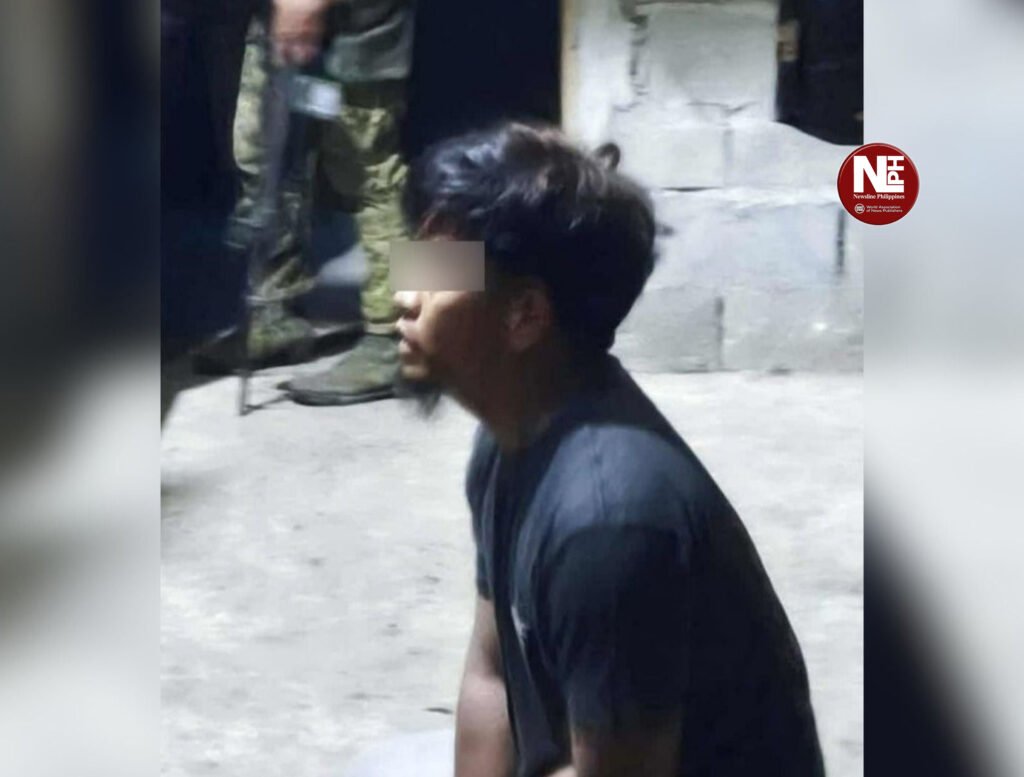
COTABATO CITY (October 13) — Security forces have arrested one of the suspects in the brutal killing of an Indigenous Peoples (IP) leader in Maguindanao del Sur, a case that has drawn outrage from tribal communities and rights advocates.
Brig. Gen. Edgar Catu, commander of the 601st Infantry Brigade, identified the suspect as alias Tagal, 40, an alleged member of the Dawlah Islamiyah terror group operating in the province.
Arrest without resistance
“The suspect was arrested during a law enforcement operation in Sitio Pangayawan, Barangay Tukanalugong, Datu Abdullah Sangki town on Friday,” Catu said in a statement.
Tagal did not resist arrest when presented with a warrant issued by a local court. Soldiers from the 90th Infantry Battalion, led by Lt. Col. Loqui Marco, seized a fully loaded .45-caliber pistol from him during the operation.
“The neutralization of Tagal shows that government forces are determined to ensure public safety and protect the civilian populace from terrorists,” Catu added.
Killing of tribal leader
Tagal was tagged as one of the gunmen behind the September 30 execution and beheading of 60-year-old Ramon Lupos, a tribal leader in Barangay Limpongo, Datu Hoffer Ampatuan. The attack happened on the eve of the country’s observance of Indigenous Peoples Month this October.
According to tribal elders, the suspects killed Lupos in a dispute over his cornfield located on his ancestral land. His death has since fueled fear and anger among IP communities, who have long complained of land grabbing and harassment by armed groups.
Worsening violence against IPs
Rights monitors note that Lupos is the 102nd IP resident killed in the Bangsamoro Autonomous Region in Muslim Mindanao (BARMM) since 2019, underscoring what advocates describe as a pattern of violence targeting IP leaders and land defenders in the region.
Security forces said operations are ongoing to track down other suspects in the killing, which is being investigated as both a criminal and terror-linked case.
Local IP leaders have called for stronger government protection of their communities, especially in conflict-affected and resource-rich ancestral lands where armed groups are active.

